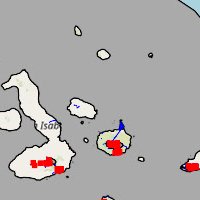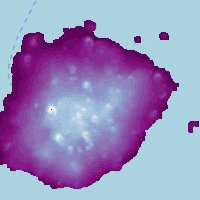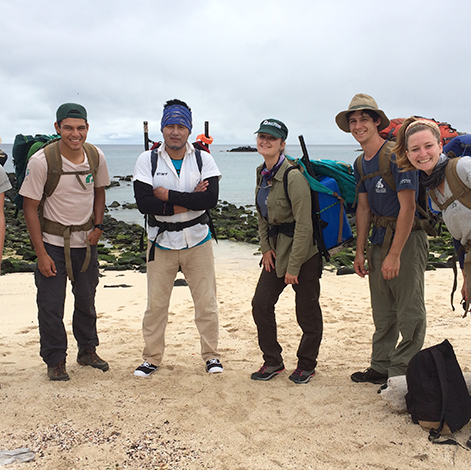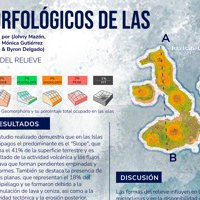Results
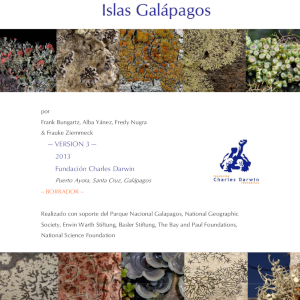
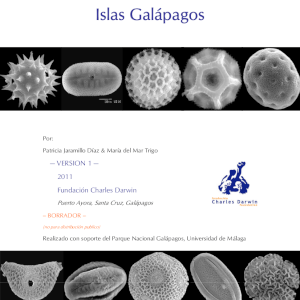
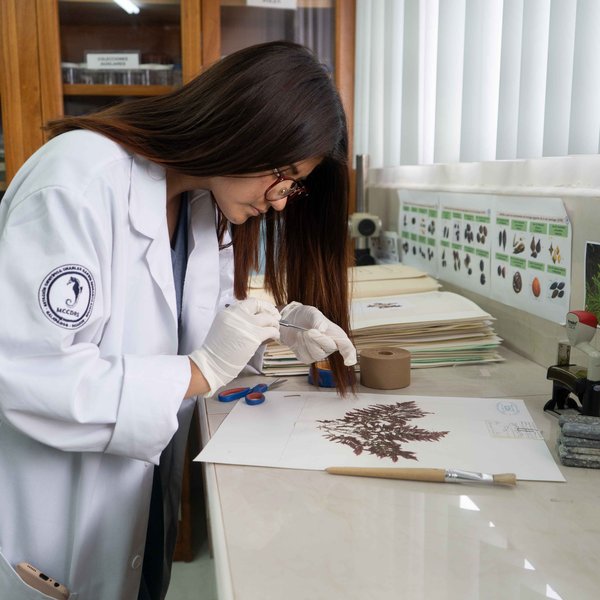
Rashid Cruz-CDF

Rashid Cruz-CDF

Rashid Cruz-CDF

Rashid Cruz-CDF
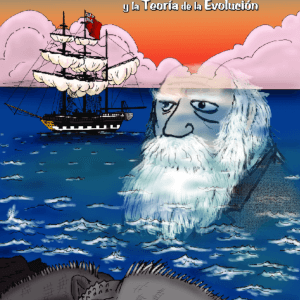
Charles Darwin y la Teoría de la Evolución
Learn about Charles Darwin and the theory of evolution.
- Date:
- 2011
- Language:
- Spanish

Rashid Cruz-CDF
Research Data Repository
Información y datos de la pesca de altura de Galápagos para la actualización del Calendario Pesquero

Rashid Cruz-CDF

Rashid Cruz-CDF
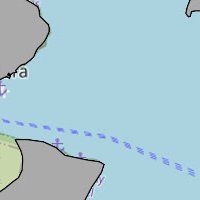

Rashid Cruz-CDF
Research Data Repository
Información y datos de la pesca blanca de Galápagos para la actualización del Calendario Pesquero

Rashid Cruz-CDF

Rashid Cruz-CDF
Research Data Repository
Proceso de co-creación de visión y prototipo del sistema de alimentos del mar de Galápagos
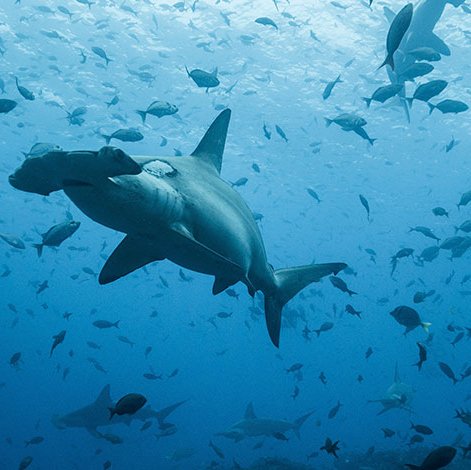
Pelayo Salinas-CDF
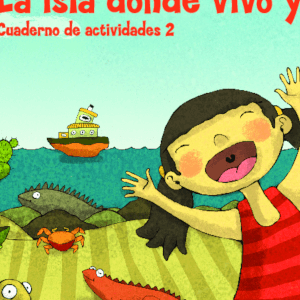
La isla donde vivo yo
For kids aged 6-7 years old to learn about Galapagos.
- Date:
- 2011
- Language:
- Spanish
